Exploring Khan el Khalili Timeless Allure
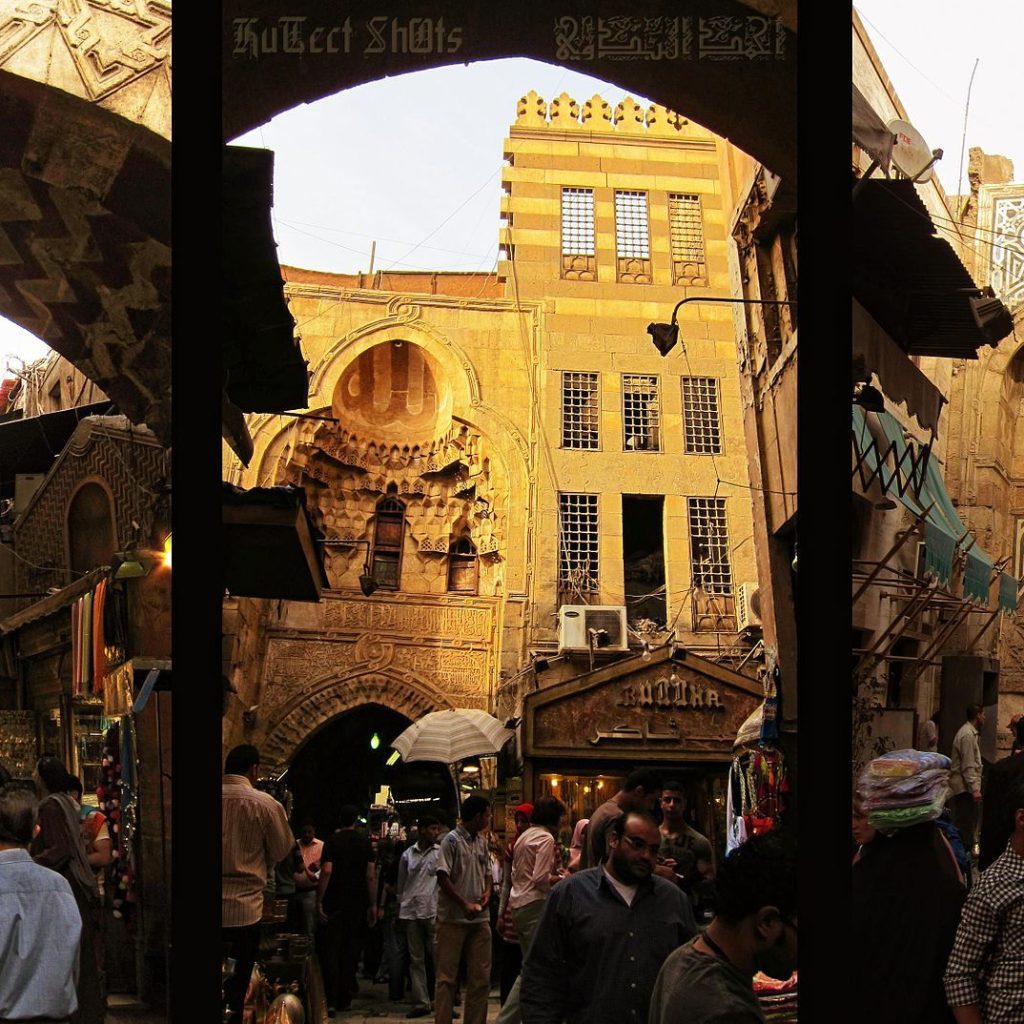
Contents:
- Introduction
- The Beginnings
- The Bazaar’s Stunning Architecture
- The Bustling Market Atmosphere
- Traditional Crafts and Souvenirs
- The Delicious Food
- Spiritual Significance: Mosques and Monuments
- The Cultural Hub: Art, Music, and Literature
- Navigating Khan el Khalili: Tips for Visitors
- The Eternal Charm
- Conclusion
- FAQs
Introduction
Khan el Khalili, Cairo’s bustling and renowned bazaar, offers more than shopping; it’s a historic and cultural icon attracting locals and tourists for centuries. Located in the heart of Islamic Cairo, Khan el Khalili is a maze of narrow streets lined with shops selling everything from traditional crafts to modern souvenirs. The bazaar’s rich history, stunning architecture, and lively atmosphere make it a must-visit destination for anyone traveling to Cairo. This article delves into the many facets of Khan el Khalili, exploring its origins, architecture, cultural significance, and more.
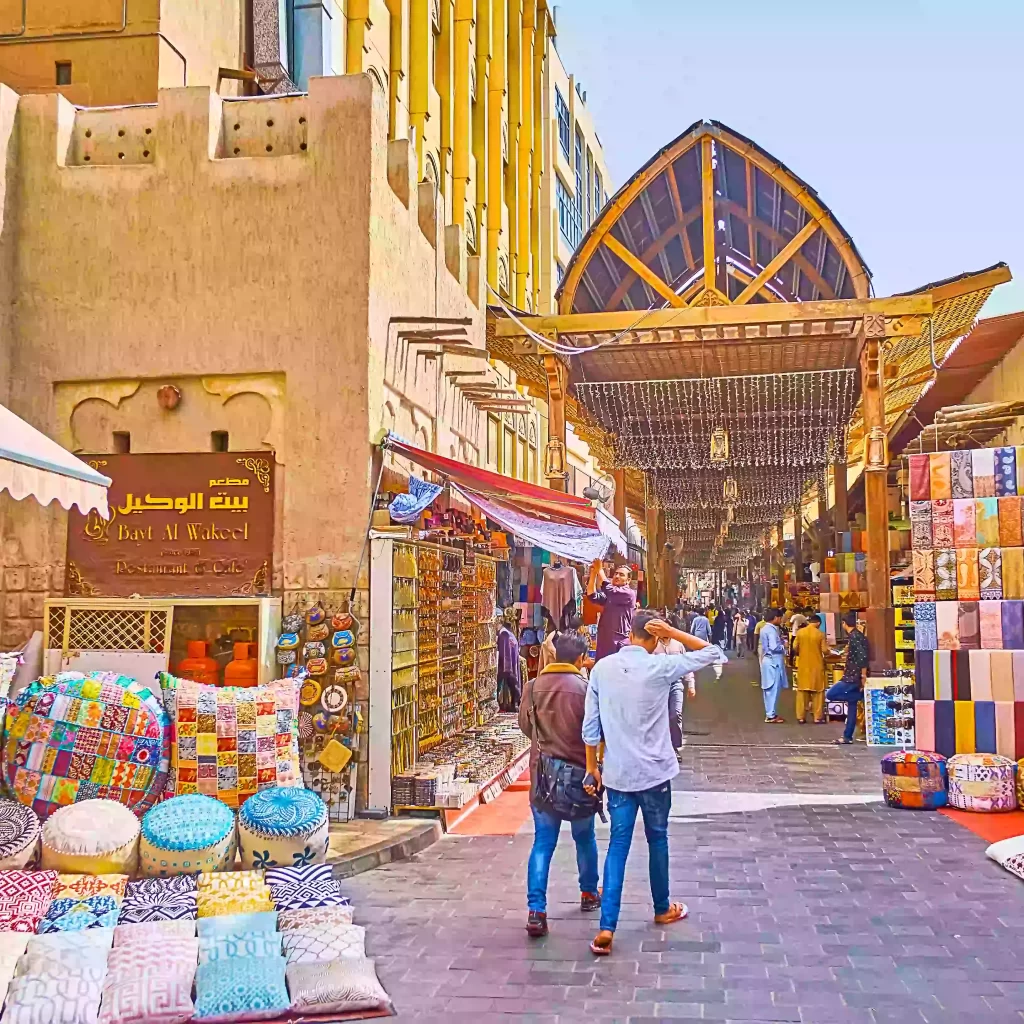
1. The Beginnings
Khan el Khalili was established in 1382 by the Emir Djaharks el-Khalili during the Mamluk period. It was originally intended to serve as a caravanserai, a place where traders could rest and store their goods. Over the centuries, it has evolved into a bustling market that has retained much of its medieval charm. The bazaar’s history is deeply intertwined with Cairo’s development, making it a living museum of Egyptian culture and history.
2. The Bazaar’s Stunning Architecture
The architecture of Khan el Khalili is a testament to the craftsmanship of the Mamluk period. The bazaar is characterized by its intricate mashrabiya windows, towering minarets, and beautifully adorned mosques. The narrow alleys and vaulted arches create a labyrinthine atmosphere that invites visitors to get lost in time. Each corner of the bazaar offers a glimpse into the architectural genius of the past, making it a visual feast for history enthusiasts.
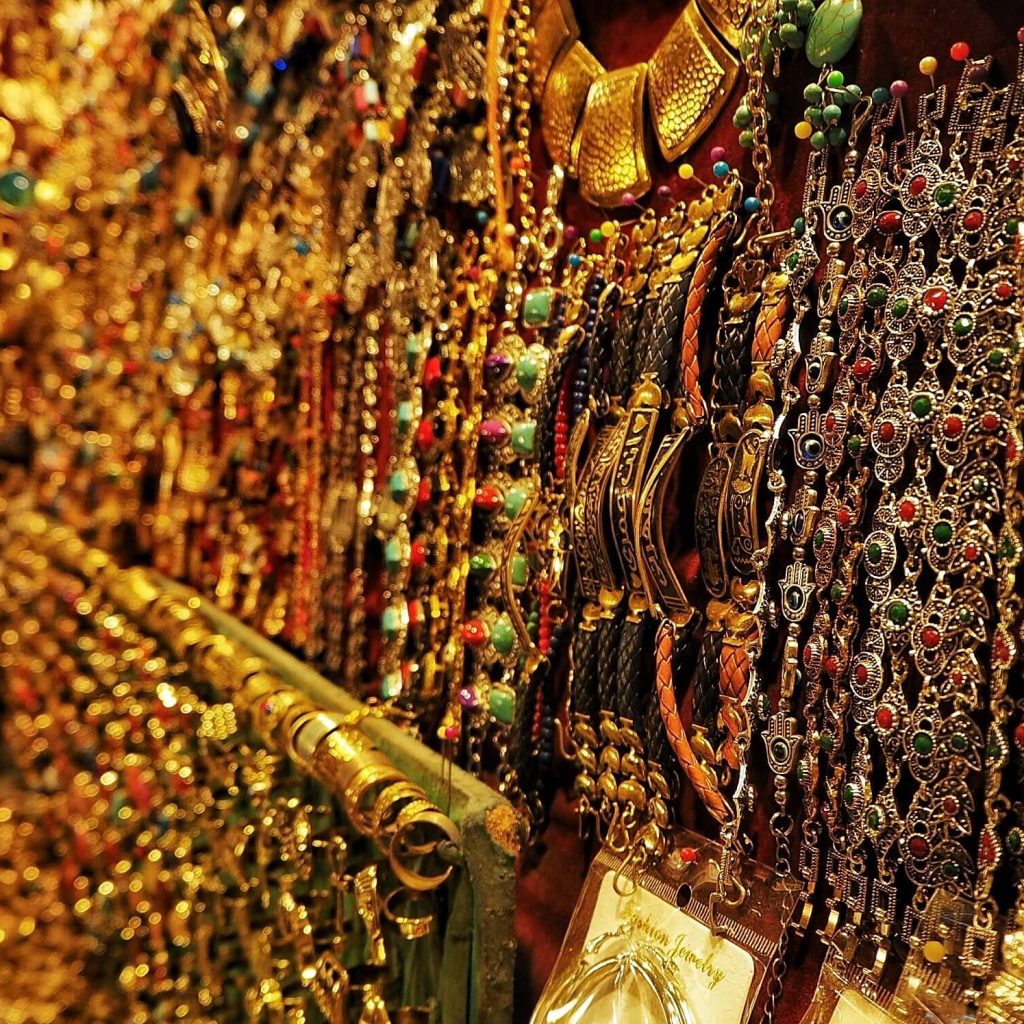
3. The Bustling Market Atmosphere
Walking through Khan el Khalili is an assault on the senses in the best possible way. The bazaar is alive with the sounds of vendors calling out to potential customers, the scent of spices wafting through the air, and the vibrant colors of textiles and pottery on display. The market is a microcosm of Cairo’s diversity, where people from all walks of life converge to trade, shop, and socialize. This bustling atmosphere is one of the bazaar’s most captivating features.
4. Traditional Crafts and Souvenirs
Khan el Khalili is renowned for its traditional crafts, many of which have been passed down through generations. From intricate jewelry and brassware to handwoven carpets and textiles, the bazaar offers a wide array of authentic Egyptian goods. Visitors can also find unique souvenirs such as alabaster statues, papyrus scrolls, and glass perfume bottles. The bazaar is a treasure trove for those looking to take home a piece of Egyptian heritage.
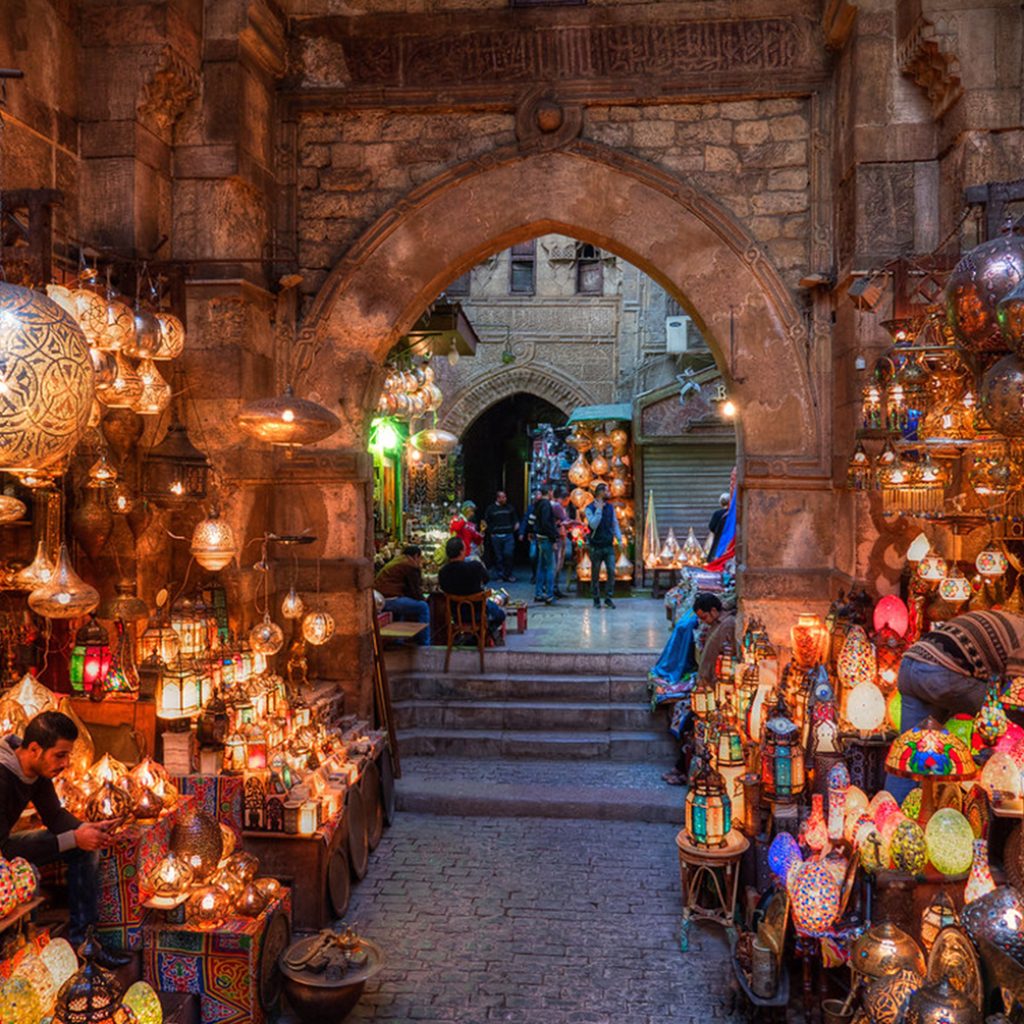
5. The Delicious Food
A trip to Khan el Khalili isn’t complete without tasting the local cuisine. The bazaar is home to several traditional cafes and restaurants where visitors can savor Egyptian dishes such as koshari, falafel, and grilled meats. The famous El-Fishawy café, which has been serving customers for over 200 years, is a popular spot for enjoying a cup of mint tea or a puff from a shisha pipe while soaking in the ambiance. The culinary experience at Khan el Khalili is as rich and diverse as the bazaar itself.
6. Spiritual Significance: Mosques and Monuments
Khan el Khalili is not just a commercial center; it is also a place of spiritual significance. The area is home to several historic mosques, including the Al-Hussein Mosque and the Al-Azhar Mosque, which are important religious sites for Muslims. These mosques, featuring beautiful architecture and quiet courtyards, provide a tranquil escape from the busy market atmosphere. The presence of these sacred sites adds a layer of spiritual depth to the bazaar.
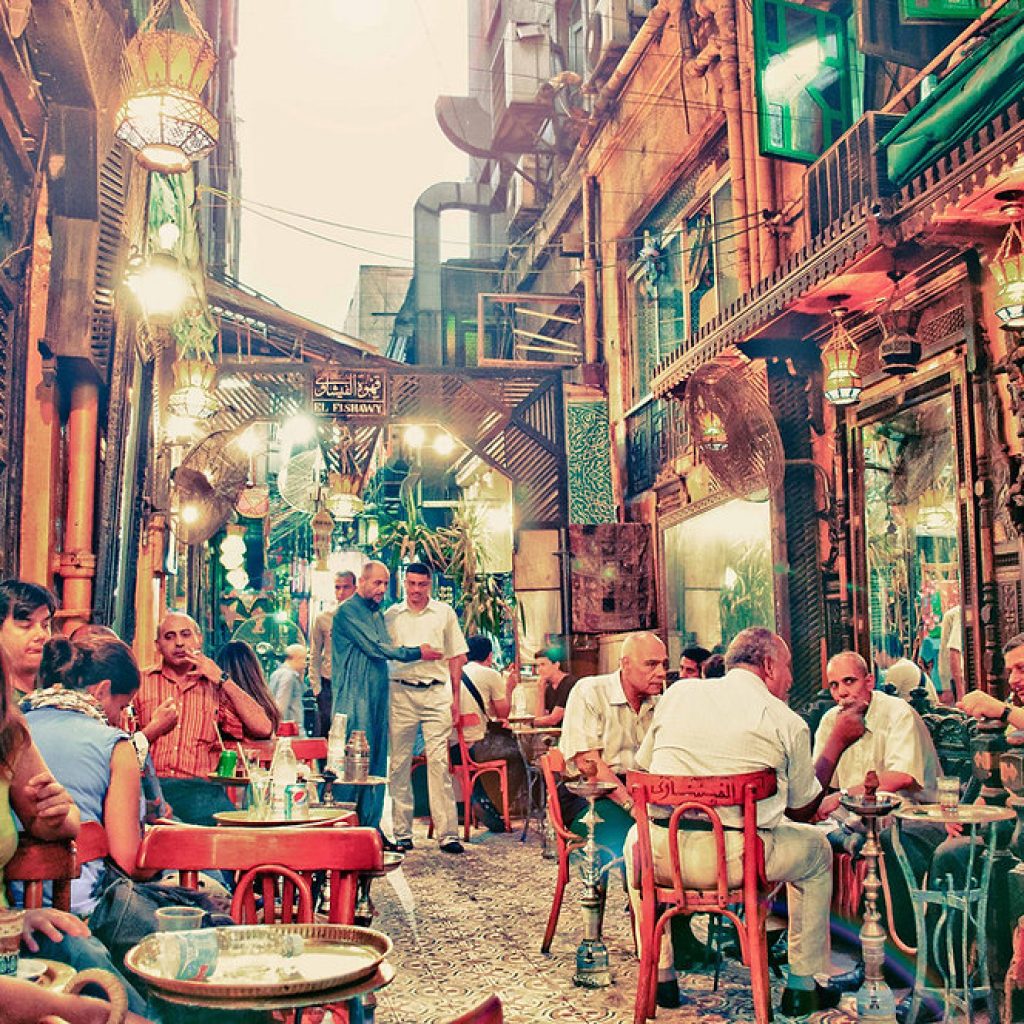
7. The Cultural Hub: Art, Music, and Literature
Khan el Khalili has long been a hub for Cairo’s artistic and intellectual community. The bazaar has inspired countless artists, writers, and musicians over the years. Visitors can find galleries showcasing traditional and contemporary Egyptian art, as well as bookstores selling works by famous Egyptian authors. The bazaar also hosts live performances of traditional music, adding to its cultural richness. Khan el Khalili is not just a market; it is a cultural institution that continues to shape Cairo’s artistic landscape.
8. Navigating Khan el Khalili: Tips for Visitors
Navigating Khan el Khalili can be overwhelming, especially for first-time visitors.Navigating the bazaar’s winding alleys and bustling streets can be confusing,but a few tips can help visitors enjoy the experience fully. It’s advisable to visit in the early morning or late afternoon to avoid the midday crowds. Bargaining is expected, so don’t be afraid to haggle with vendors for a better price. Wearing comfortable shoes is a must, as the bazaar requires a lot of walking. Lastly, taking a guided tour can provide valuable insights into the bazaar’s history and culture.
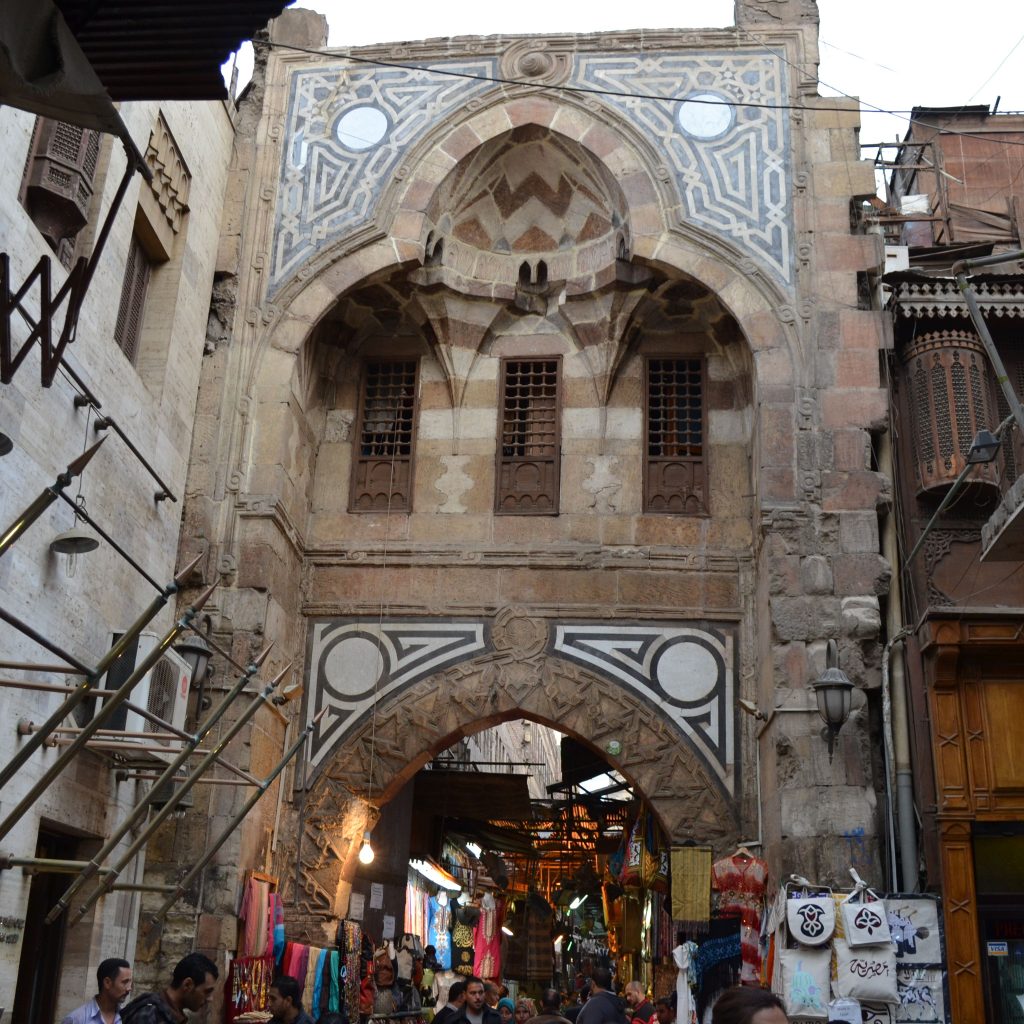
9. The Eternal Charm
Despite the changes that have occurred over the centuries, Khan el Khalili has managed to retain its timeless allure. The bazaar’s ability to blend the old with the new, the traditional with the modern, is what makes it so unique. Whether you’re interested in history, architecture, shopping, or simply soaking in the atmosphere, Khan el Khalili offers something for everyone.Its timeless appeal guarantees it will stay a cherished spot for future generations.
Conclusion
Khan el Khalili is more than just a market; it is a symbol of Cairo’s rich history, culture, and spirit. From its origins in the Mamluk period to its current status as a bustling bazaar, Khan el Khalili has stood the test of time, offering visitors a glimpse into the soul of Cairo. Whether you’re wandering through its narrow alleys, admiring its architectural splendor, or haggling for a unique souvenir, Khan el Khalili promises an unforgettable experience. It’s a place where past and present blend, forming a lively and engaging atmosphere that mesmerizes every visitor.
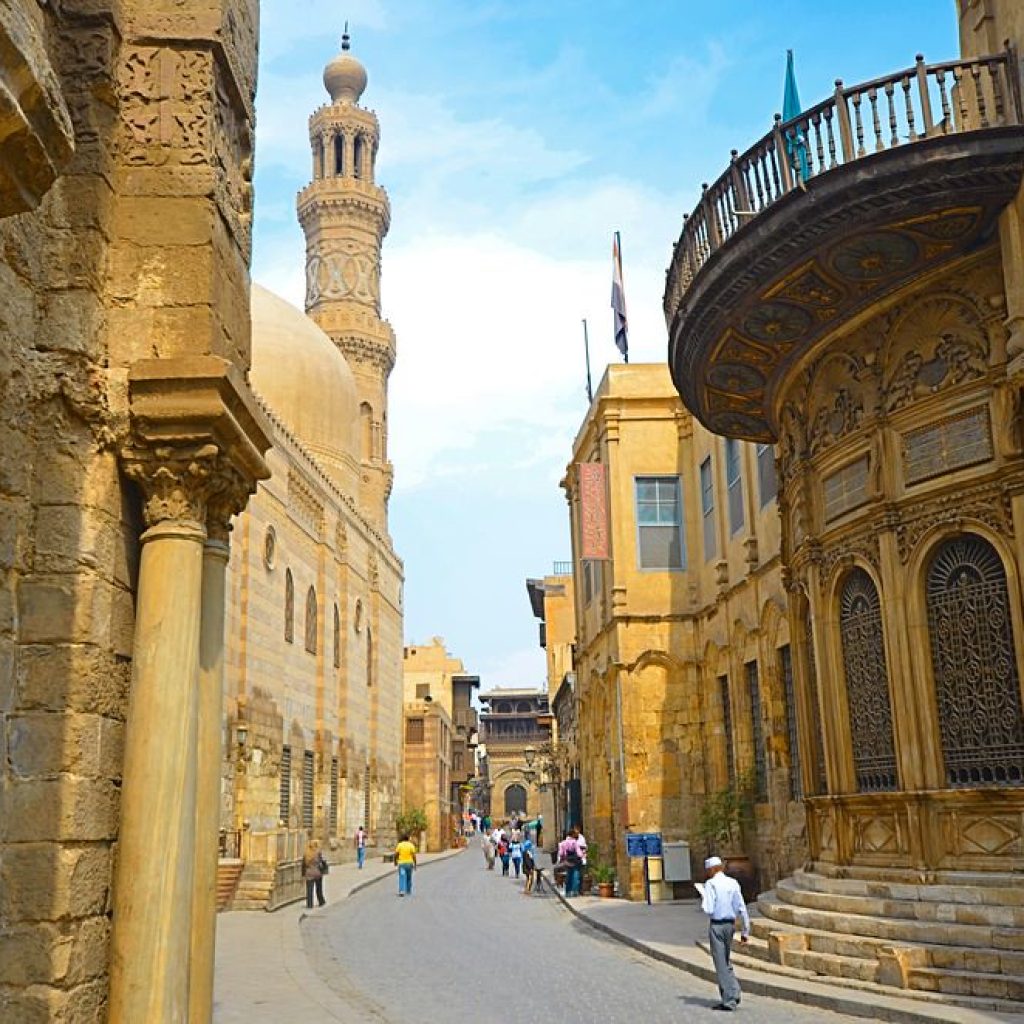
- What’s Khan el Khalili?
A famous bazaar in Cairo, Egypt, features a rich history, stunning architecture, and a vibrant market atmosphere. - When was Khan el Khalili established?
Was established in 1382 during the Mamluk period by the Emir Djaharks el-Khalili. - What can I buy at Khan el Khalili?
You can buy a wide range of traditional crafts, including jewelry, brassware, textiles, and unique souvenirs such as alabaster statues and papyrus scrolls. - Any notable cafes in Khan el Khalili?
Yes, the famous El-Fishawy café, which has been in operation for over 200 years, is located in Khan el Khalili and is a popular spot for enjoying tea and shisha. - Is Khan el Khalili safe for tourists?
Yes, usually safe for tourists. However, in anybusy market, staying aware of your surroundings and monitoring your belongings is crucial. - What are the best times to visit Khan el Khalili?
The best times to visit are early in the morning or late in the afternoon to avoid the midday crowds. - Do I need to bargain at Khan el Khalili?
Yes, bargaining is a common practice at Khan and vendors expect customers to haggle for a better price.
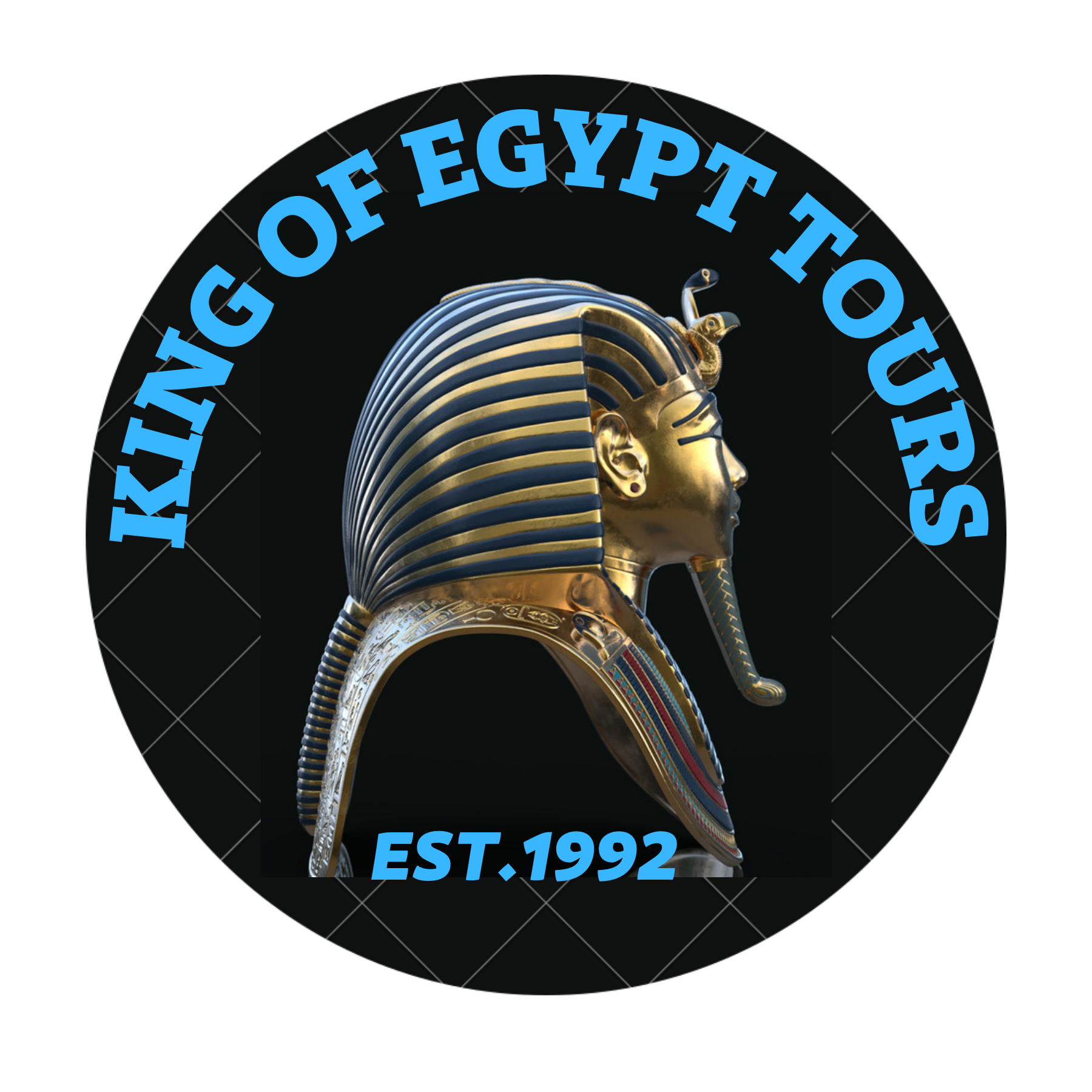
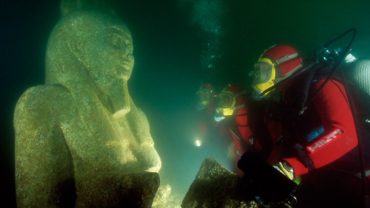
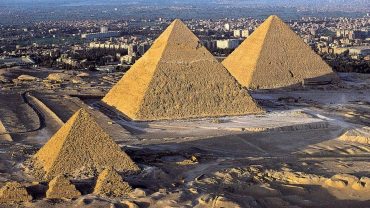
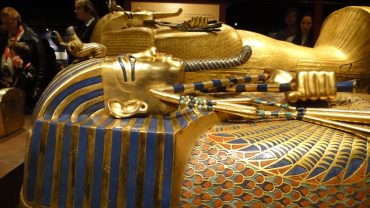

Comment (0)